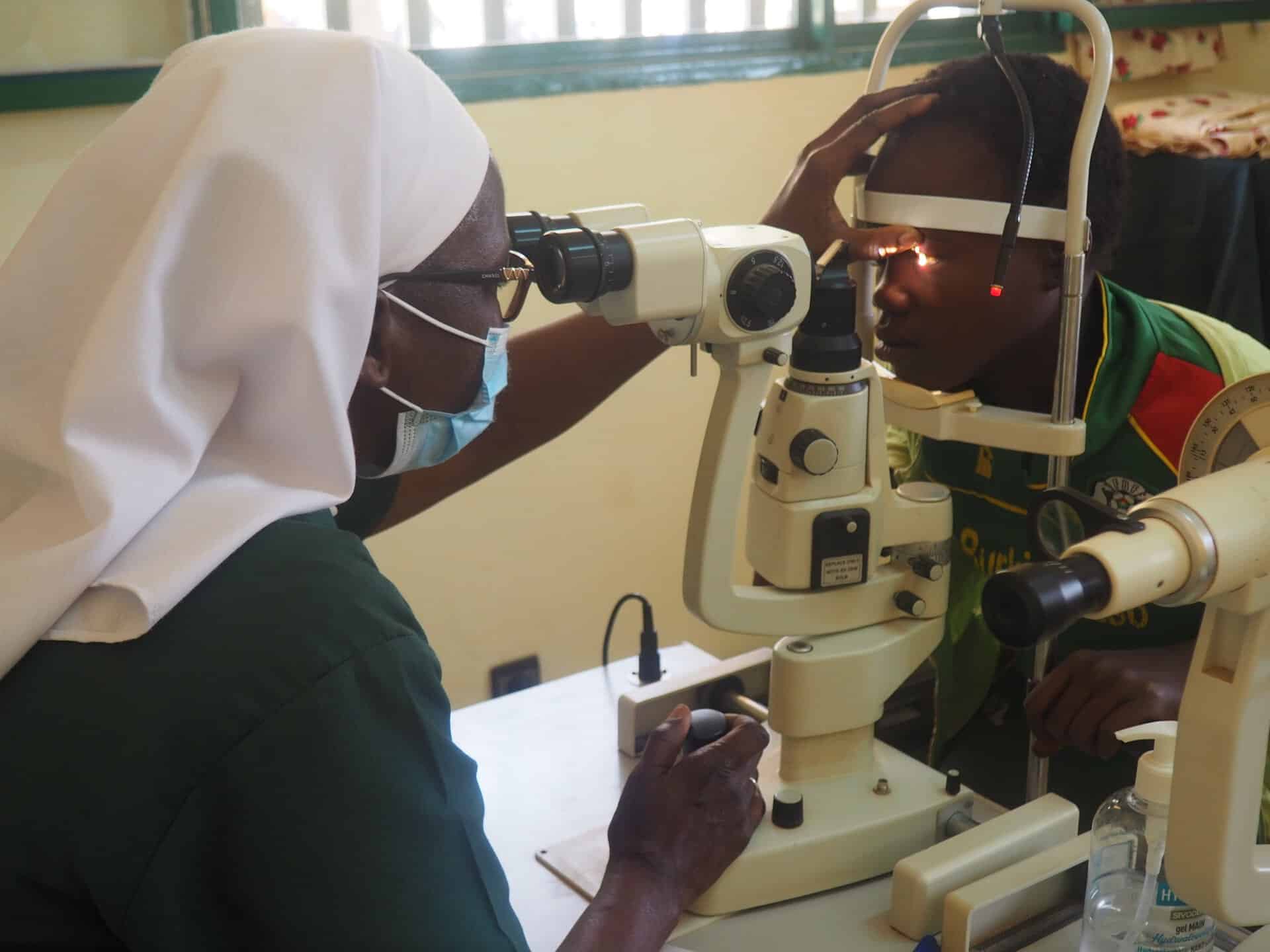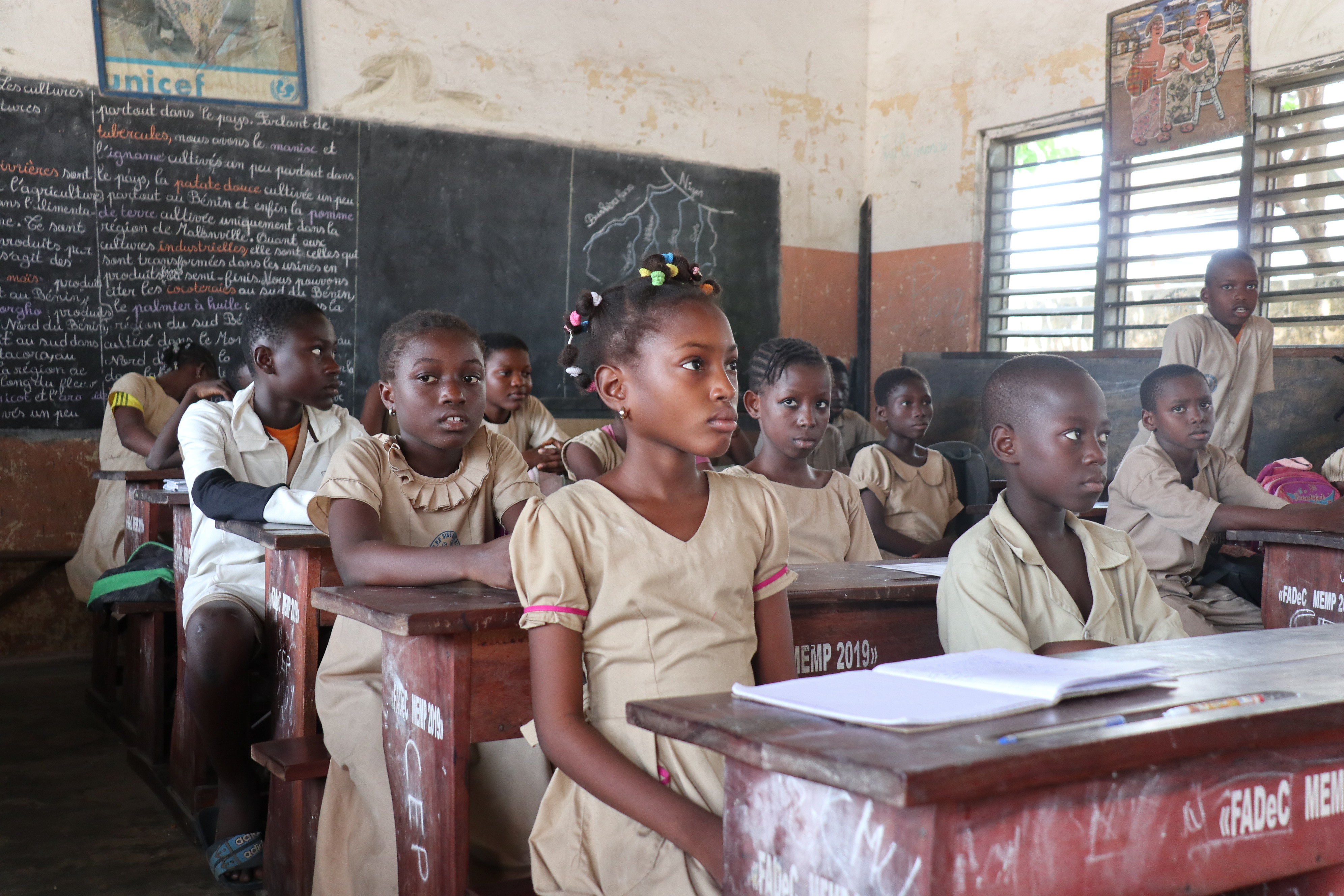Natural disasters will claim around 150 million victims a year by 2030, an increase of 50% compared to 2018 (Source UN). The first victims of these crises are children, who are exposed to trauma and violations of their fundamental rights, in particular access to housing, security, food and education. The international NGO Action Education is working to help the most vulnerable populations adapt to climate crises and to enable the youngest children to mitigate the effects of climate change, particularly through education for sustainable development.
The right to education threatened by natural disasters
According to the IPCC (Intergovernmental Panel on Climate Change) on 20 March 2022, climate change is more than ever a threat to human well-being and the health of the planet. Between 2010 and 2020, highly vulnerable countries suffered 15 times more deaths from floods, droughts and storms than other countries.
The consequences of climate change are having a major impact on the most vulnerable populations, particularly children and young people. In the event of droughts, floods, cyclones or earthquakes, the youngest children find themselves deprived of housing, food, access to water, healthcare and sometimes their families. Schools, which are synonymous with refuge and safety, can be damaged or destroyed and are no longer able to provide the educational and psychological continuity that is so necessary for children who are often traumatised.
In Cambodia in 2020, 686 schools closed due to flooding. In Madagascar, a series of cyclones last year deprived the population of access to water, electricity and schools. Now it's the turn of the people of Morocco and Libya to suffer the consequences of terrible natural disasters. In each case, children are the first victims, deprived of all their fundamental rights, including their right to quality education.
Vanessa Martin, Head of Advocacy at Action Education explains :
" Climate disasters affect the well-being and development of children. How can you go on living when your home has been destroyed, your family or friends injured or killed, when you have been confronted with trauma at such a young age? How can we look to the future when we go hungry every day or when temperatures exceed 50 degrees? In the face of climate crises, school is not just a place for learning. It must serve as a refuge, provide psychosocial support and help traumatised children to return quickly to their points of reference and to a "normal" life, thus enabling them to strengthen their resilience. Even if the school is destroyed or damaged, education in the broadest sense of the term must resume as soon as possible after a natural disaster, and our mission at Action Education is to implement emergency programmes to guarantee educational and social continuity for the most vulnerable communities we support".
Education: the big loser in the climate talks
However, Action Education believes that responding to climate crises in an emergency is not a sustainable solution.
" Today, we deplore the fact that education for sustainable development is still being largely overlooked in the major discussions on climate change. Yet it is an essential weapon for helping everyone, including the very young, to understand the challenges of climate change and enabling people to mitigate its effects. Provided, of course, that we allocate the necessary financial, educational and human resources resources and offer teachers high-quality initial and in-service training. "says Vanessa Martin.
As well as emergency programmes to respond to climate crises, the association is developing initiatives to raise awareness of sustainable development in the communities it supports. Its teams regularly visit schools to explain to young people the consequences of climate change and the importance of respecting the environment. It also encourages them to take an active part in environmental issues, in particular by setting up school gardens, reforestation, sorting and recycling activities, and through "school governments". Under this scheme, a group of pupils elected by their classmates discuss the various problems encountered within the school, such as environmental issues, and propose solutions that the children themselves can implement: installing dustbins in schools, raising awareness of sorting and recycling, making school games with recycled materials, etc., enabling children to become active players in the fight against climate change. In Africa and India, the association also trains adults in eco-citizenship, enabling them to mitigate the effects of climate change on their daily lives and step up their actions to protect the environment.
***
Press contact: Auvray & Boracay / Teninsy Savané - Mail : [email protected] – Tel.: 01.58.22.21.11






